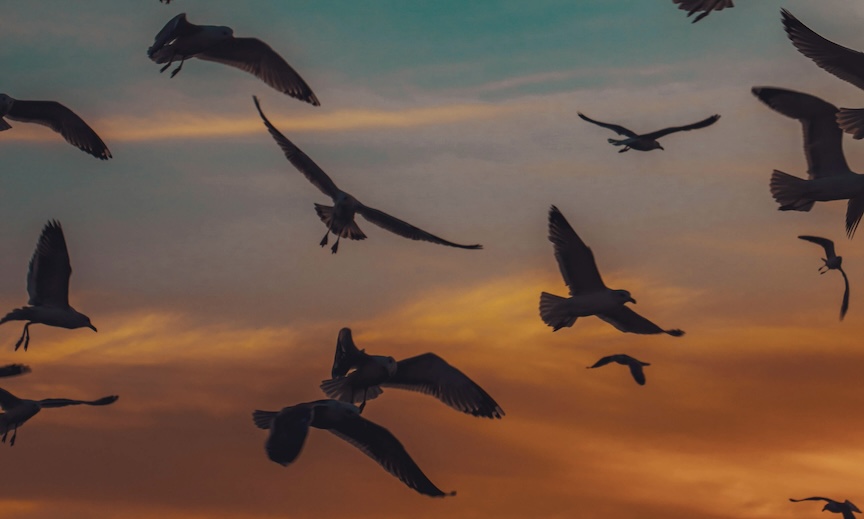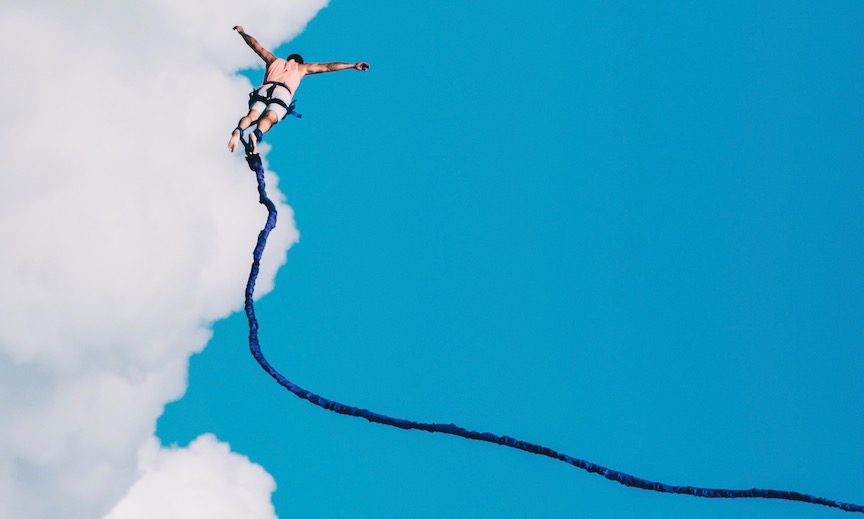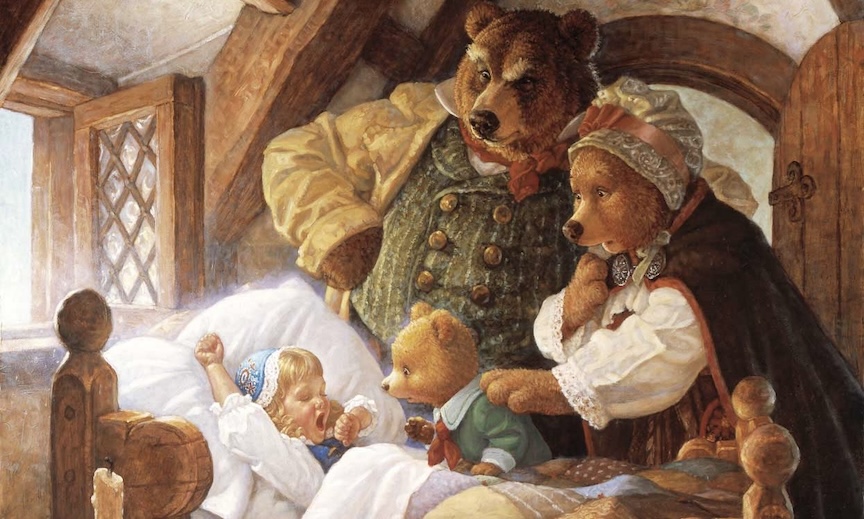FLOCK IF I KNOW
It’s been quite a week.
We expected it to be emotional, everyone gathering from around the country to honor the life of our friend, Beth, who left unexpectedly and too soon, two weeks ago. We knew we’d be dealing with some travel challenges including assorted medical and wellness concerns. We were prepared for rainy weather — Hurricane Helene was pushing a lot of moisture. But the storm was making landfall 500 miles south, and Florida seemed plenty far away. None of us anticipated the devastation it would bring all the way up in the Carolina mountains.
We woke up Friday morning in Asheville NC without power. It had rained throughout the night and strong winds continued to howl. There were some trees down in the neighborhood; across the street, one had fallen real close to a friend’s car. But still, we weren’t overly concerned. We had no idea that the power outage wasn’t just local, but throughout the entire region, affecting millions. We didn’t know that major roads were gone and rivers were still rising. We didn’t know that homes and businesses were underwater or that nearby towns had been completely washed away.
The gravity of the situation began to dawn on us when our friend, suffering with liver disease, called for an ambulance and was told, “I’m sorry, emergency vehicles can’t get to you.” Shortly thereafter, all our phones lost service. A couple of us set out on foot to check things out, and we found that all the gas stations and grocery stores were closed, that everything was closed. Enormous trees were uprooted everywhere. Power lines were draped across the roads. People told us that the Downtown River Arts district was “gone.” On the car radio, a religious station was offering the best information they had, but it was mostly communicating that nobody knew much, that damage was still being assessed. The DJs recommended that people start boiling water (if they still had access to it) and cautioned that if we drove anywhere we might not be able to get back.
We went to the memorial that night, anyway. It was our whole reason for being there, after all. We were lucky to be staying on the same side of the river as Beth’s sister, only about a mile away. Beth’s husband Mick was there, and maybe 20 others. About a quarter of those planning to attend actually made it. We celebrated by firelight and candlelight, with food from everyone’s defrosting freezers. It was beautiful, supersaturated with tears and laughter. Somehow the mad weather seemed a perfect backdrop to honor the chaotic creativity of Beth’s life.
By the next morning, Saturday, things were starting to feel scary. Still no power, no cell service, dwindling food supplies. The information trickling in was more and more alarming, but still seemed largely anecdotal. We couldn’t find any official news source. All roads in and out were closed, or maybe there was one route, but be careful driving anywhere because you might get stuck. It would definitely be days, maybe weeks, before power was restored. We were still able to get a bit of water from the tap, but contamination seemed likely. Our friend Carol, with liver disease, was desperate to get home as soon as possible. But our friend Jules was alone on the other side of town — we hadn’t been able to connect with her since Thursday night — and we couldn’t attempt an evacuation without checking on her. Travis and I decided to try it. We encountered cars and roofs crushed by trees, many roads completely impassable. We sidetracked a number of times on unfamiliar streets, and finally ended up driving the wrong way on a one-way to get to her. We helped her pack up some essentials and brought her back with us.
We’d heard a rumor that Route 321 was open, so if we could get there via I-40, we’d be on our way back to Charlotte. We hoped that if I-40 was closed, there would be clear detours. I-40 was closed (turns out it was shut down across the entire state) and alas there was no obvious alternative. We kept on in what we guessed was the right direction, generally south, but because every road in Asheville curves every which way, we weren’t sure at all. Finally, we came upon Interstate 26, which we’d been told was blocked but appeared to be open, at least at that moment, and we were able to follow it to I-85, which got us back to Carol’s house in Charlotte about 4 hours later. Holy head-spinning moly.
I’m still unpacking my thoughts and feelings about the experience. This morning, it’s occurring for me as a deep adventure of friendship and community. Deep as in profoundly loving. Also deeply muddy.
Sometimes, I was very grateful to be with this particular group — “If we had to go through a natural disaster, I’m just so glad I was with y’all!” Other times, I wanted to chloroform the bunch of them — “Worst apocalypse ever! Stuck with a bunch of high-maintenance neurotics who don’t even have a chainsaw.” One thing I know for sure is that I am married to a saint, the most patient and kind person I’ve ever known.
Everyone, in fact, demonstrated moments of greatness. Different greatnesses — extraordinary care, compassion, clarity, resolve, ingenuity, flexibility, openness… Certainly, each of us had less-than-exemplary moments, too, but those were opportunities for others to step up. We made it through together. A togetherness including old friends, new friends, neighbors, and complete strangers.
We were a flock. Like a murmuration of starlings, attuned to each other in such a way that any individual might pivot the entire group towards different priorities, changing direction as necessary, forming intricate patterns of ourselves across the sky.
I read the etymology of the word “gregarious” a few weeks ago. It means social, from the Latin word for herd or flock — greg. Congregation comes from the same. I usually think of a gregarious person as someone especially talkative and extraverted. But one doesn’t have to be chatty to be part of the flock. We’re gregarious simply by being together.
In a flock, in a community, leadership necessarily comes from every direction. We have to respond to each other as well as to our own impulses. And our responsibility is mutual, care is reciprocal. Of course, sometimes we drive each other batty, but that’s part of it. We honor our own feelings, expressing ourselves as necessary, trying to be as generous and kind as we can be. Always leaning into the togetherness. Practicing togetherness, even when it’s difficult, especially when it’s difficult, seems like the only way that any of this is ever going to work out.
Our friends still in Asheville are safe. It’s a nightmare and it’s going to take a lot of time, money, and effort to rebuild. Some communities will never be the same. But I witnessed folks helping each other, friends and strangers, people of different spiritual stripes and political persuasions. People who might, in more comfortable circumstances, think of each other with contempt.
The togetherness — an urgent togetherness born out of flocking chaos — is what fills me with faith that we can make it through almost anything.
I can’t wait to be with you on Sunday, Dear Ones. XO, Drew
©2024 Drew Groves




